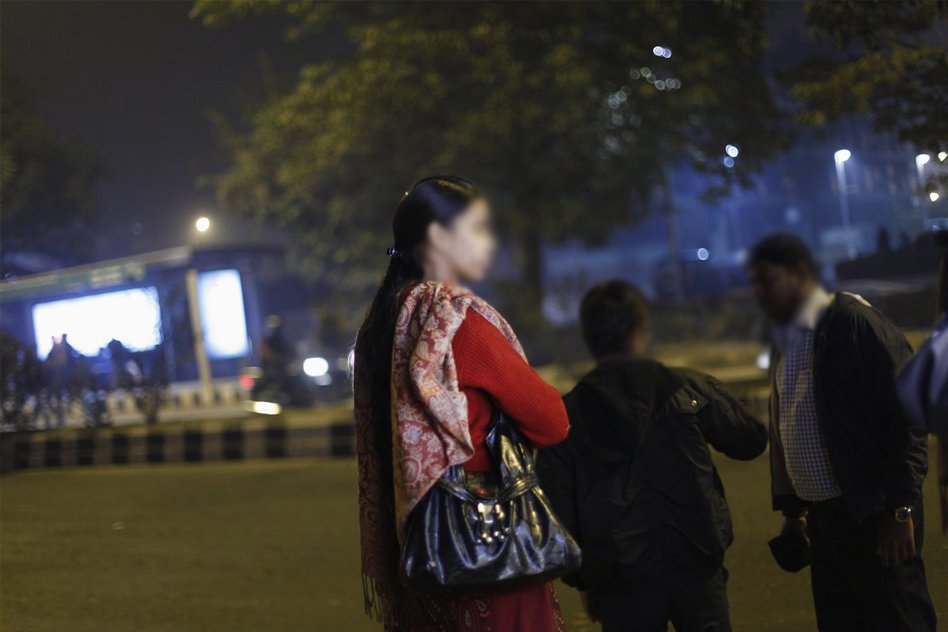Source: Hindustan Times | Image Courtesy(Representational): huffpost
Stalking is a criminal offense-thanks to the Amendment of 2013. Despite drawing criticism for omission of certain demands made by activists and NGOs, the Criminal Law Amendment Act of 2013 succeeded in bringing about several indispensable modifications to the Indian Penal Code, Indian Evidence Act and Code of Criminal Procedure on laws related to sexual violence.
The bill that came into force on April 3rd, 2013 after receiving Presidential assent on the previous day was a result of the rising public outrage in the country in response to the gruesome gang-rape incident that had occurred on December 16th, 2012 which claimed the life of a 23-year-old girl in Delhi.
Several recommendations from the Verma Committee Report like marital rape, reduction of age of consent and changes to the Armed Forces Act were left out of the amendment much to the dismay of numerous protestors across the country. Nevertheless, the amendment has expanded the array of sexual offenses by recognizing the act of stalking as criminal offence that is punishable by law. Generally, stalking could either be an act of physical intrusion into a person’s life by following and making repeated phone calls or could be a virtual intrusion by repeated attempts to make contact through email or any other available forms of electronic communication while monitoring the person’s internet usage.
According to the current Act, stalking could result in imprisonment of one or three years with heavy imposition of fines. Even though stalking might not cause any physical harm to a person, it could lead to mental harassment not just by instilling fear but by causing unwanted intrusions into personal lives. Stalking has been defined in section 354D of the amendment as “following a woman and contacting, or attempting to contact such woman to foster personal interaction repeatedly despite a clear indication of disinterest by such woman; or monitoring the use by a woman of the internet, email or any other form of electronic communication or watching or spying on a woman in a manner that results in fear of violence or serious alarm or distress in the mind of such woman, or interferes with the mental peace of such woman.”
If a woman is being stalked in Delhi, she can call 1096. For women in the rest of India, the NCW can be contacted by calling 0111-23219750. As per report published by Hindustan Times, “Whoever monitors the use by a person of the internet, email or any other form of electronic communication that results in a fear of violence, or interferes with the mental peace of such person, commits the offence of stalking,” says the Indian Penal Code.
The Criminal Law Amendment Act might not have been able to address every issue under the sky, but has definitely asserted to the public that sexual offences and any acts that show inclination towards committing them shall not go unnoticed. Aside from stalking, acid attacks and voyeurism have also been recognized as criminal acts. All such offences that may seem petty at first glance are the chief culprits in creating an environment where serious sexual violence becomes routine. The Criminal Law Amendment has been crucial in helping break this pattern and we hope that some more stringency is brought into the picture for the sexual offences.
For details, visit this website.












